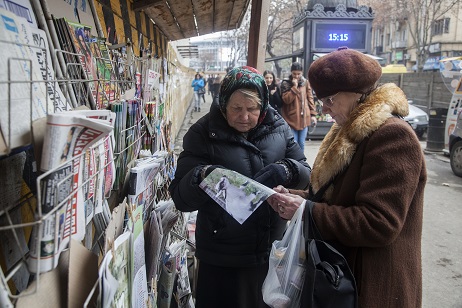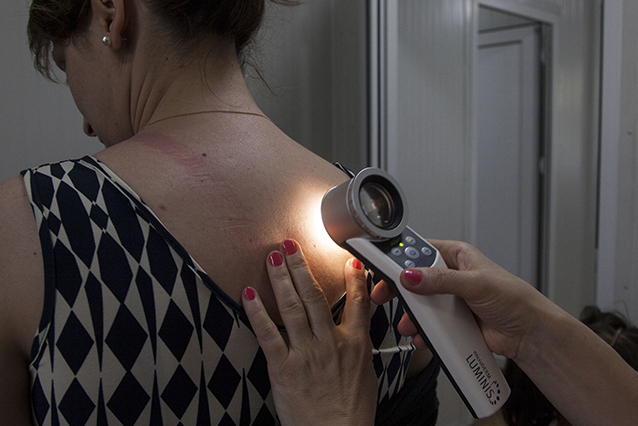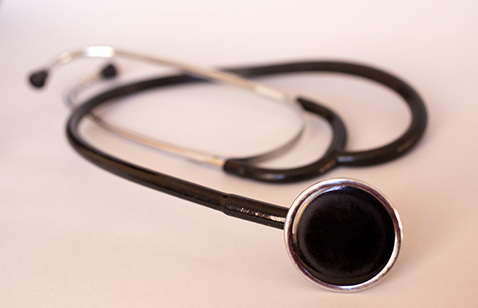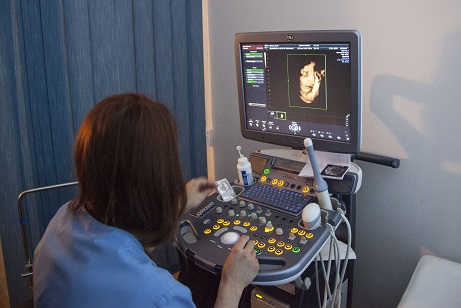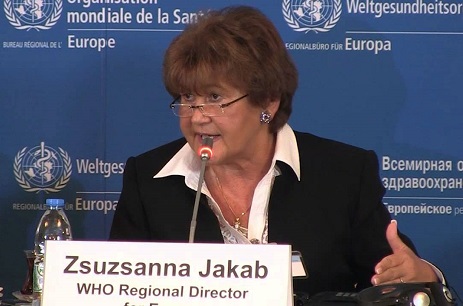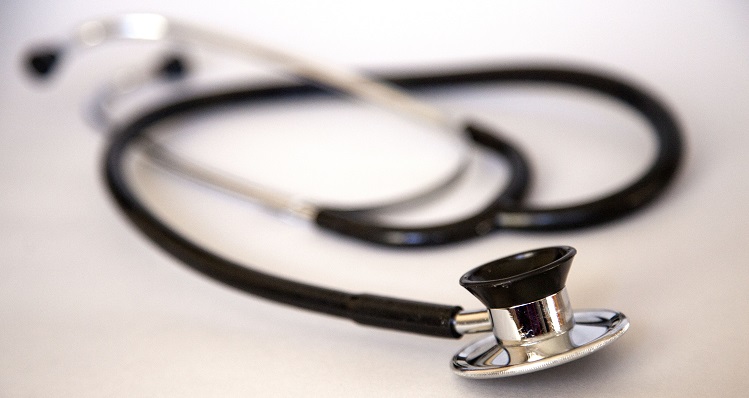WHO: Georgia’s health reforms show “tangible benefits”

The World Health Organisation (WHO) and other international groups have spoken positively of Georgia’s healthcare reform, noting 90 percent of the population now benefit from universal health care.
Georgia’s Minister of Labour, Health and Social Affairs held a meeting with the WHO/Europe, the World Bank and the United States Agency for International Development (USAID) in Tbilisi last month to present the findings of a new survey on health care utilisation and expenditure.
After learning the results of the survey, Hans Kluge, Director of the Division of Health Systems and Public Health at WHO/Europe, said Georgia had taken "decisive action” to address challenges facing the health sector and tangible results were evident.
Georgia has shown how it can take decisive action and turn trends around in a very short period of time," he said.
In 2013, the Government of Georgia launched the Universal Health Care Programme to improve access to health care and strengthen financial protection. The survey showed how, as a result of the reform, over 90 percent of the population now benefit from publicly financed health coverage, up from 40 percent in 2012 and 25 percent in 2010. More than half of these people did not have any health coverage before the reform, said WHO/Europe.
The survey also indicated that people were now more likely than in 2010 to consult a health care provider when sick; financial barriers to access and out-of-pocket payments had fallen, especially for outpatient visits and hospital care; and user experience of the health system had improved.
The meeting participants noted Georgia's significant movement towards universal health coverage was made possible by a much-needed increase in public spending on health. The Government also took back responsibility for purchasing publicly financed health services from private insurance companies.
Georgia’s Prime Minister attended the meeting and said ensuring health care was accessible and affordable was a priority of the Georgian Government.
In spite of Georgia’s remarkable progress, all sides acknowledge the need for continued public investment in the health sector. WHO/Europe noted public spending on health remained low in Georgia, in comparison to most countries in the WHO European Region, while out-of-pocket payments remained high.
With additional public funding, and a focus on active purchasing to ensure resources are used as efficiently as possible, the government could expand the scope and depth of coverage to address unmet needs and improve financial protection," said Sarah Thomson, Senior Health Financing Specialist with the WHO Barcelona Office for Health Systems Strengthening.
The June 24 meeting was attended by PM Garibashvili, Georgia’s Finance, Education and Agricultural Ministers, the State Minister on European and Euro-Atlantic Integration, government representatives, non-government and international organisations and around 150 health system stakeholders.
The survey, jointly sponsored by WHO/Europe, USAID and the World Bank, was carried out by the National Statistics Office of Georgia in August 2014. It followed previous rounds carried out in 2010 and 2007.
 Tweet
Tweet  Share
Share
